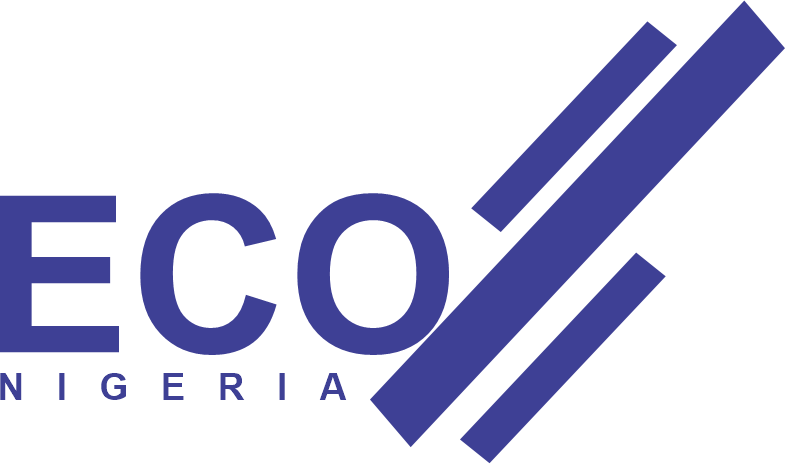Blockchain is transforming the way we think about data, security, and transparency in the digital world. In this post, we explore the role of blockchain in software innovations—a trend that is reshaping industries and paving the way for a more secure and decentralized future.
Decentralization and Trust
Blockchain technology is fundamentally decentralized, which means that data is stored across a network of computers rather than in a single central location. This decentralization builds trust among users since no single entity has complete control over the data. By leveraging blockchain, software innovations can:
- Increase Transparency: Every transaction is recorded on an immutable ledger, providing clear, verifiable records.
- Enhance Security: The decentralized nature of blockchain minimizes the risk of data tampering and cyber attacks.
- Foster Trust: With transparent processes and secure data storage, users can engage with digital platforms with greater confidence.
Enabling Smart Contracts and Automation
One of the most powerful aspects of blockchain is the ability to use smart contracts—self-executing contracts with the terms directly written into code. Smart contracts facilitate:
- Automated Transactions: Once predefined conditions are met, contracts execute automatically, reducing the need for intermediaries.
- Efficiency and Cost Savings: Automation streamlines processes and cuts costs, making software systems more efficient.
- New Business Models: Blockchain enables decentralized applications (dApps) that operate on peer-to-peer networks, disrupting traditional business models.
Revolutionizing Data Management
Software innovations are increasingly data-driven, and blockchain offers a revolutionary approach to data management. Its distributed ledger technology enables:
- Secure Data Sharing: Blockchain allows for secure and verifiable data sharing across multiple parties without compromising privacy.
- Improved Data Integrity: Each block in the chain is linked and immutable, ensuring the integrity of the data over time.
- Enhanced Interoperability: Blockchain can integrate with other emerging technologies, fostering the development of sophisticated, interconnected software systems.
Driving Digital Transformation
The integration of blockchain into software innovations is a key driver of digital transformation across various sectors, including finance, healthcare, supply chain, and more. By embracing blockchain, companies can:
- Innovate Rapidly: Blockchain provides a flexible platform for developing new, disruptive applications.
- Improve Operational Efficiency: Automation and improved data integrity lead to more efficient and cost-effective operations.
- Create New Value Streams: Decentralized systems open up opportunities for novel business models and revenue streams.
Conclusion
The role of blockchain in software innovations is undeniable. Its ability to provide decentralization, enhanced security, and automated processes is revolutionizing the digital landscape. As more organizations adopt blockchain technology, we can expect to see increasingly sophisticated software solutions that drive efficiency, transparency, and trust across industries.
By staying at the forefront of this technology, businesses can unlock new possibilities, innovate faster, and create more secure digital environments for the future.
Stay tuned for more insights into how blockchain is shaping the world of software innovations, and discover how ECCONIGERIA can help you leverage this technology to drive your digital transformation journey.


